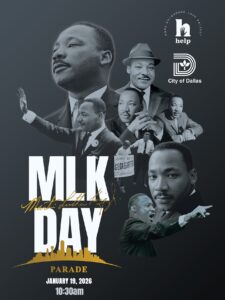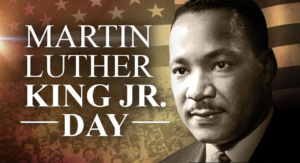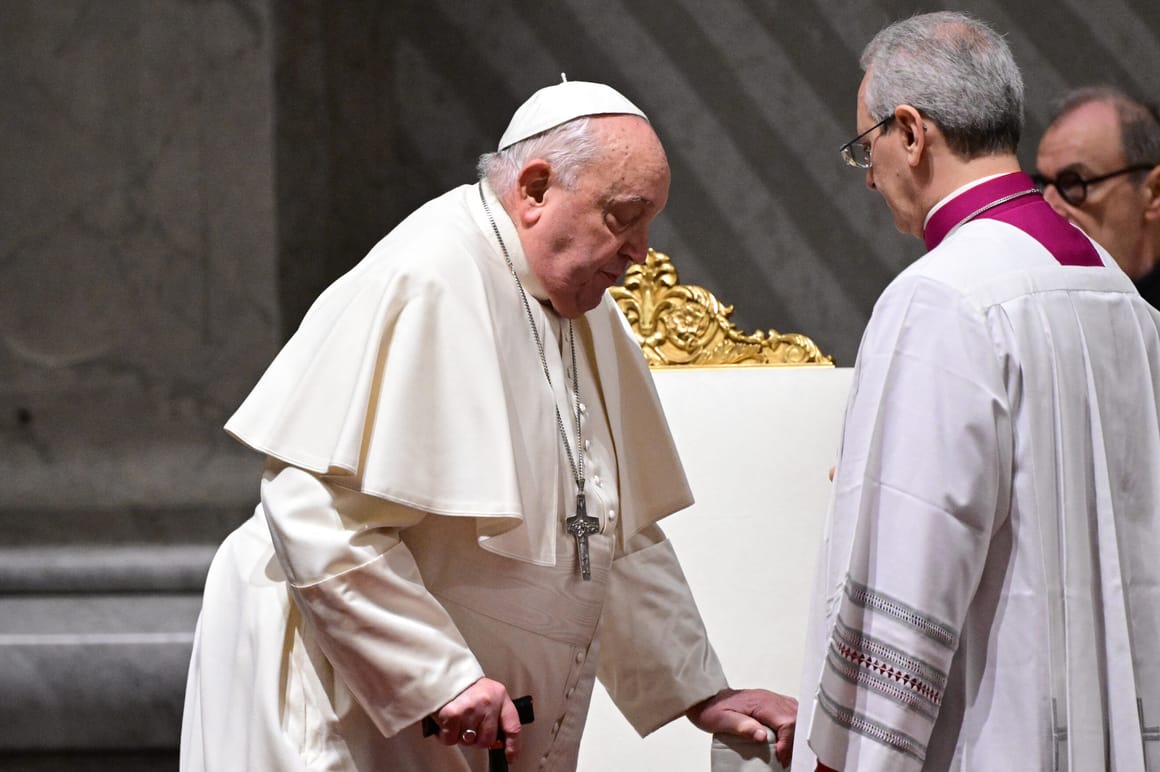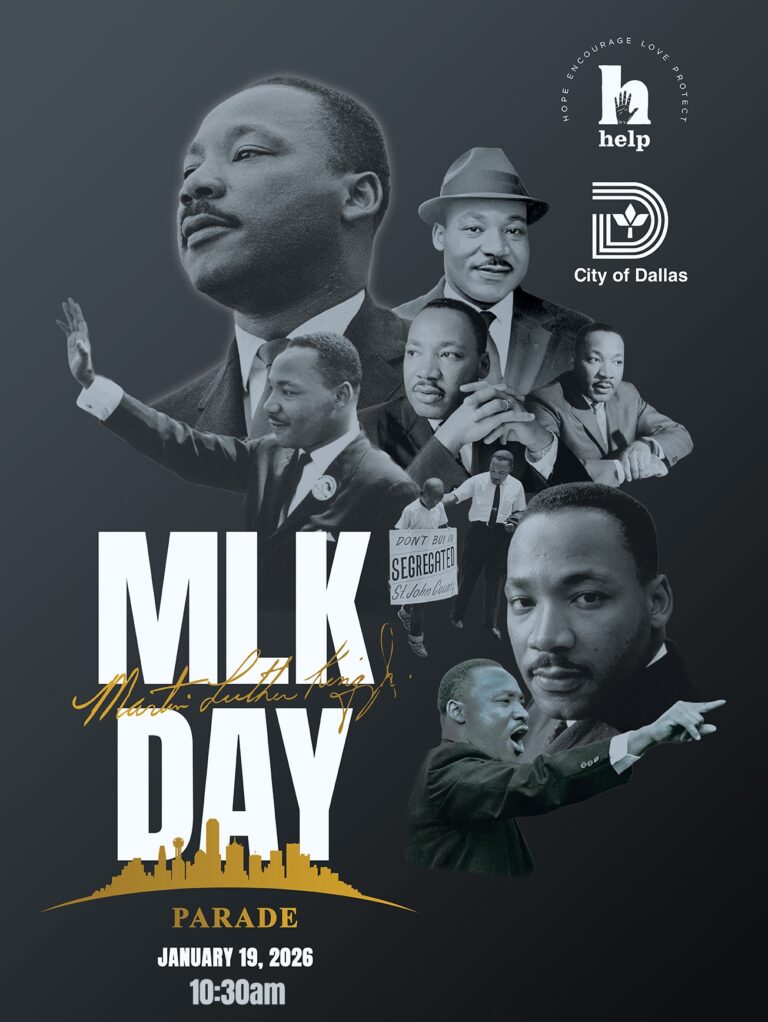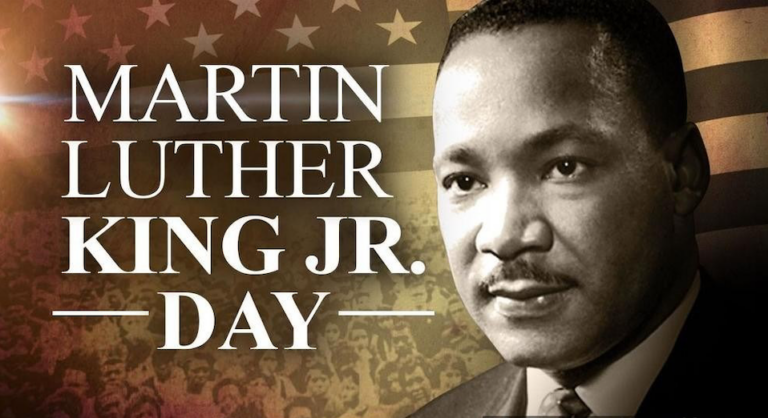The Impact of Pope Francis’ Death on Global Faith and Leadership
The recent news surrounding the Pope raises profound questions about the future of the Catholic Church and its impact on global leadership. Following the health struggles of Pope Francis, many are left pondering not only the legacy he leaves behind but also what comes next for the millions that follow his teachings. As he has recently been in the news, it’s essential to understand the implications of his passing through an informed lens.
Pope Francis, born Jorge Mario Bergoglio, took on the papacy in 2013, becoming the first Jesuit pope and the first from the Americas. His approach to leadership has often been one of humility and reform, advocating for a more inclusive and compassionate Church. His death could signify a pivotal change in the direction of Catholic doctrine and the handling of various global issues.
As the world reflects on his legacy, it’s vital to highlight the key aspects of his papacy that have made significant impacts on modern Catholicism:
1. Advocacy for Social Justice
Pope Francis has been a formidable advocate for the underprivileged. His focus on poverty, migration, and the environment resonates deeply with many across the globe. According to Politico, he emphasized the role of the Church in affirming the dignity of every individual. His efforts to address climate change and advocate for refugees have been especially notable, emphasizing the need for systemic change and human dignity.
2. Reforming Church Governance
Another significant area of influence for Pope Francis has been church governance, moving towards a more decentralized form of leadership. This reform is designed to bring the Church closer to its followers by promoting local leadership and engaging with broader societal issues. His vision challenges clericalism and promotes accountability within the Church hierarchy.
3. Engaging With Contemporary Issues
Pope Francis is known for addressing controversial topics, including LGBTQ+ rights, gender equality, and abortion. He often emphasizes compassion over condemnation. His progressive stances have opened dialogues within the Church and beyond, often sparking debates among traditionalists and reformists alike.
4. Promoting Interfaith Dialogue
Under his leadership, the Vatican has engaged in numerous interfaith dialogues, promoting peace and understanding among different religious communities. His efforts have included historic meetings with leaders of other faiths, showcasing the importance of unity in addressing global challenges such as war and extremism.
However, as we contemplate the implications of his passing, the question shifts to who will succeed him and how will they shape the future of the Church. The selection of a new pope carries immense weight, not only for the Catholic community but also for various geopolitical landscapes influenced by Catholicism.
Possible Successors and Their Impact
The College of Cardinals, responsible for electing the new pope, holds diverse views on the Church’s future direction. This decision will certainly affect current dialogues surrounding social justice and reform within the Church. Several key figures are speculated as potential successors, including:
- Cardinal Pietro Parolin – The current Secretary of State, known for his diplomatic skills and moderate views.
- Cardinal Luis Antonio Tagle – A passionate advocate for social issues, his elevation could maintain Francis’s progressive legacy.
- Cardinal Robert Sarah – Alternatively, an election for a more conservative figure like Sarah could signify a return to traditionalist values.
The Global Response to His Death
In the wake of Pope Francis’ death, global political figures and citizens alike are expected to react with tributes and expressions of respect. His unique approach to leadership, especially in times of crisis, garnered both admiration and criticism. Leaders worldwide could find his progressive legacy a call to action for their policies and diplomacy.
The Future of the Catholic Church
The Catholic Church remains a significant force in global culture, politics, and faith. Understanding how the legacy of Pope Francis plays into this narrative is crucial for both Catholic followers and those analyzing its impact on global conversations around morality and ethics. The succession of a new pope may usher in changes that either further expand on Francis’s vision or retract to previous conservative norms.
In summary, the ramifications of Pope Francis’ death extend beyond the Church itself. They provoke discussions about the intersection of faith and societal matters, urging leaders and followers alike to reconsider their roles in advocacy and community support. As we navigate these changes, the call for continued reform and compassion echoes strongly, urging the Church and its followers to remain committed to justice and equality.
As we await the developments following this significant loss, Pope Francis’ legacy serves as a fundamental reminder of the compassion and humanity needed in this world.
